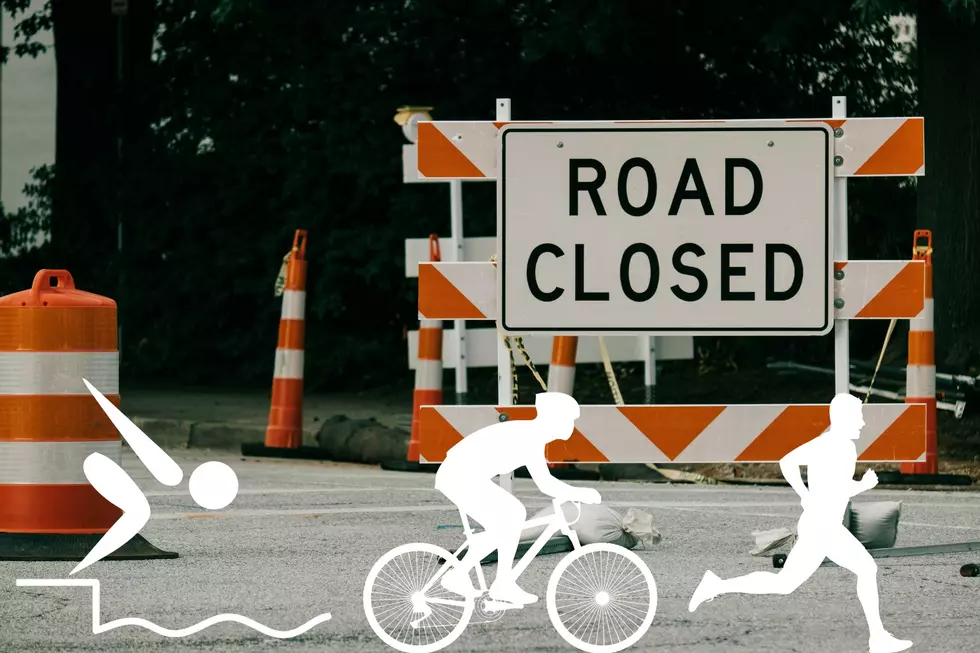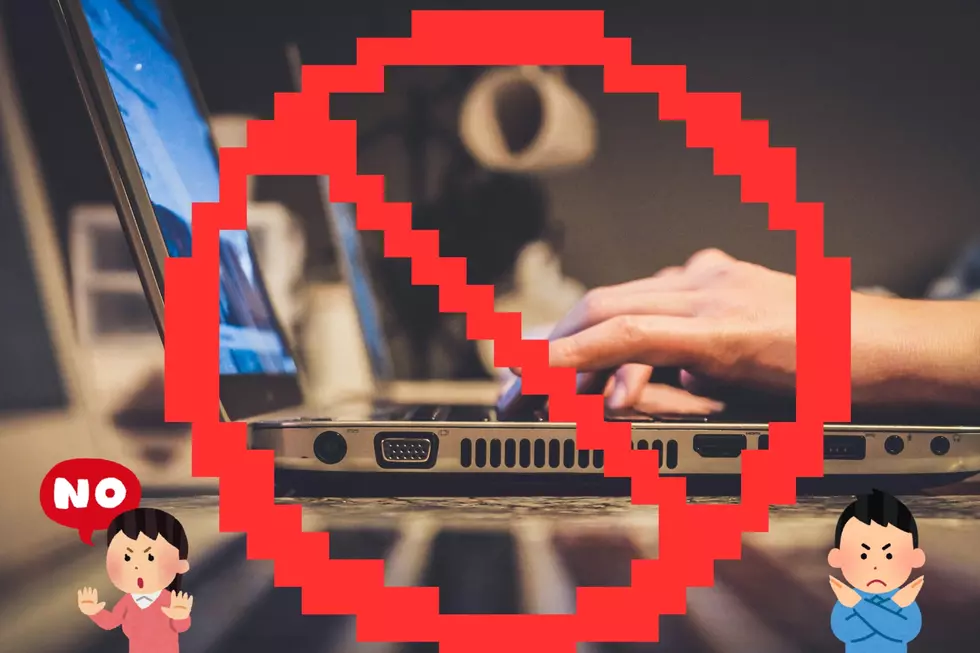
Stressed! Anxiety At An All-Time High For Students In Utah
Utah teachers and mental health professionals are seeing an increase of anxiety among students.
Middle-school teacher JoAnne Brown says she's used to first-day jitters, but something different is affecting the students. Brown says kids are bursting into tears for no reason and she needs to call a counselor to walk them out.
A local clinical psychologist says kids tend to internalize their problems and mental health check-ups need to become a priority. The psychologist says parents who recognize their child's concerns can help them have a healthier and more productive school year.
A recent study by the Pew Research Group showed students themselves rate anxiety and depression as the No. 1 issue in their schools and communities, far out-measuring concerns over bullying, addiction, poverty, teen pregnancy and gangs.
See the chart below:
According the the website schoolcounselor.org, anxiety symptoms may present differently among students at different ages, who may not be able to express what’s causing their anxiety and may instead exhibit symptoms. It is vital to be on the lookout for any of these symptoms:
- attendance problems
- clinginess/separation anxiety
- panic attacks
- academic problems/decline in schoolwork
- frequent urination
- frequent crying
- difficulty concentrating/staying focused
- blushing/sweating
- feeling weak/tired
- excessive worrying
- health problems such as headaches or an upset stomach
- avoidance of people/situations
- sleeping problems
- lots of “what ifs?”
One study by Kidshealth.org warns of the possible consequences:
"Left untreated, anxiety disorders can make it hard for students to get schoolwork done or study. It may affect their relationships with peers and teachers, too. In some cases, students with anxiety disorders miss a lot of school days. Or they may avoid school altogether."
Kidshealth also offers this advice for teachers:
- talking with parents to learn more about the student and how you can best support them
- allowing students extra time to do work
- learning how to coach students to self-calm with breathing and other relaxation techniques
- giving them daily schedules
- modifying assignments and reducing workloads when necessary
- promoting relaxation techniques and allowing for breaks throughout the day
- supporting parents in helping kids get to school, even if it means arriving late or adapting class schedules
- allowing them a safe space and ability to go speak with a counselor, if needed
- easing anxiety in the classroom by pairing with a peer
And for parents:
- talk with the child about their anxiety and fears
- help the child develop healthy coping mechanisms
- model positive behavior
- teach the child relaxation techniques
- stay involved in the child’s education
And finally, MedicalNewsToday.com offers this counsel:
The treatment for school anxiety may include making adjustments at school, providing support at home, and involving the child in psychotherapy or exposure therapy. Mental health professionals may also prescribe medications in severe cases. It is important to seek professional help if a child’s anxiety causes distress. Over time, it becomes more difficult to treat and can have lasting effects.
More From KDXU 890 & 92.5









